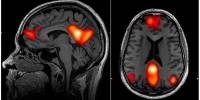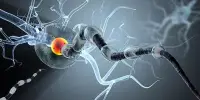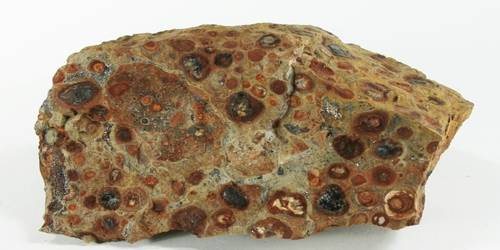A study sponsored by the University of Queensland found no substantial associations between coffee consumption during pregnancy and neurodevelopmental issues in children, although experts advise pregnant moms to continue adhering to medical caffeine restrictions.
Dr Gunn-Helen Moen and PhD student Shannon D’Urso from UQ’s Institute for Molecular Bioscience (IMB) conducted a thorough genetic study of data from tens of thousands of Norwegian families.
“Scandinavians are some of the biggest coffee consumers in the world, drinking at least 4 cups a day, with little stigma about drinking coffee during pregnancy,” Dr Moen said.
Our study used genetic data from mothers, fathers and babies as well as questionnaires about the parents’ coffee consumption before and during pregnancy. The participants also answered questions about their child’s development until the age of 8, including their social, motor, and language skills.
Dr Gunn-Helen Moen
“Our study used genetic data from mothers, fathers and babies as well as questionnaires about the parents’ coffee consumption before and during pregnancy. The participants also answered questions about their child’s development until the age of 8, including their social, motor, and language skills. Our analysis found no link between coffee consumption during pregnancy and children’s neurodevelopmental difficulties.”
According to the researchers, physiological changes during pregnancy prevent caffeine from rapidly breaking down, allowing it to pass the placenta and reach the fetus, where no enzymes can metabolize it.
Caffeine accumulation was assumed to have an impact on the developing fetal brain, but Dr. Moen said prior observational studies failed to account for other environmental factors such as alcohol, cigarette smoke, or a poor diet.

“We used a method called Mendelian randomisation which uses genetic variants that predict coffee drinking behaviour and can separate out the effect of different factors during pregnancy,” she said.
“It mimics a randomised controlled trial without subjecting pregnant mothers and their babies to any ill effects. The benefit of this method is the effects of caffeine, alcohol, cigarettes and diet can be separated in the data, so we can look solely at the impact of caffeine on the pregnancy.”
The researchers employ genetic analysis to better understand complex features and disorders, particularly in early life. Dr. Moen’s earlier study found that consuming coffee during pregnancy had no effect on birth weight, chance of miscarriage, or stillbirth. They emphasize the need of following healthcare practitioners’ advise to minimize caffeine consumption during pregnancy, as caffeine can affect other pregnancy outcomes.
The researchers now hope to employ similar studies to learn more about the genetic and environmental reasons of neurodiversity, as well as the impact of other factors on brain development during pregnancy.
















